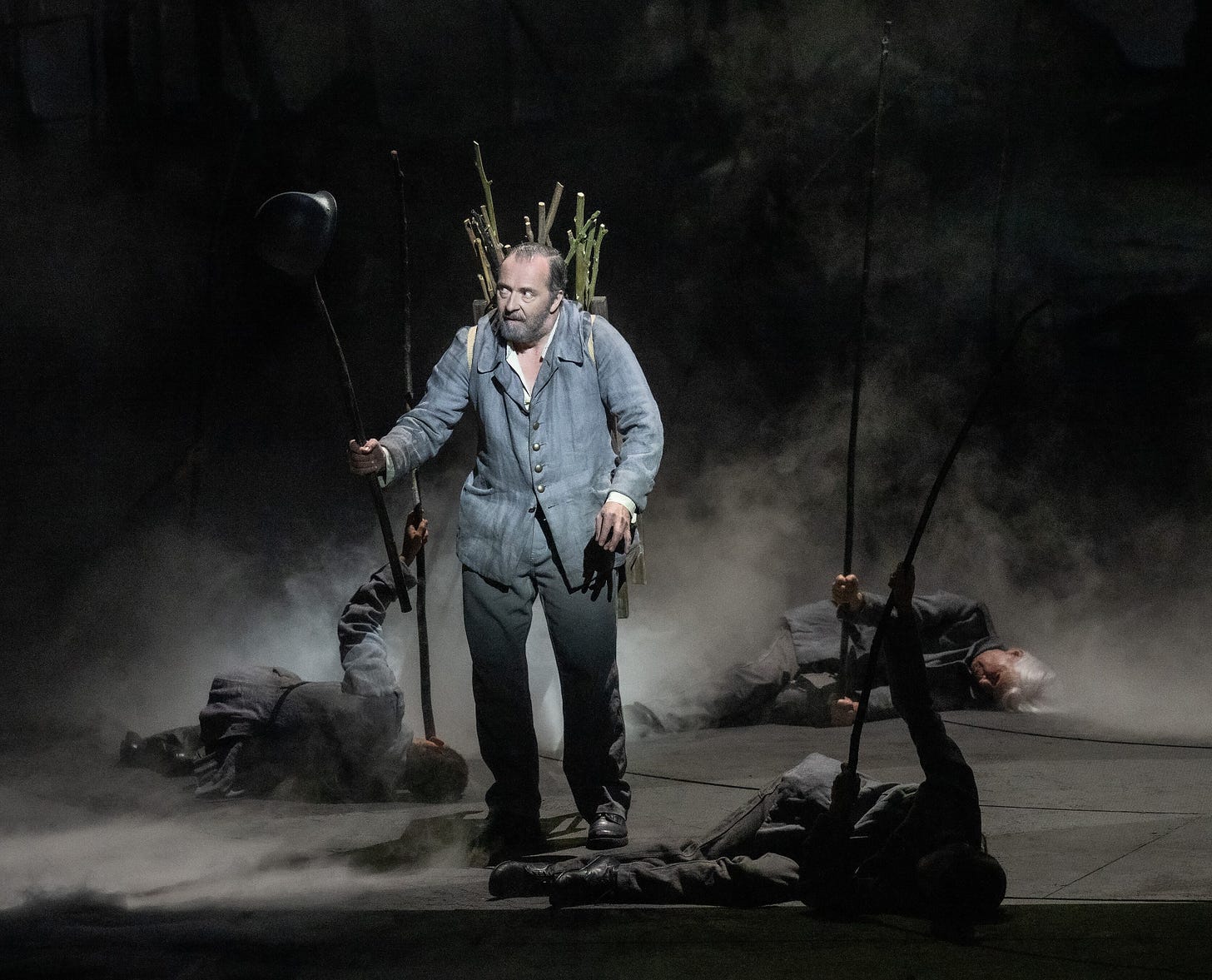Author: Jos Hermans
Thousands of people crowded the marketplace in Leipzig on Aug. 27, 1824. Among them may have been 11-year-old Richard Wagner because children were not required to attend school that day. What brought so many people to their feet was the public execution of Johann Christian Woyzeck, the barber and…
Keep reading with a 7-day free trial
Subscribe to Leidmotief | Leitmotif to keep reading this post and get 7 days of free access to the full post archives.




